LJI scientists discover how T cells transform to defend our organs

Future drugs could target specialized T cells to help the body fight tumors, infections, and more

Future drugs could target specialized T cells to help the body fight tumors, infections, and more
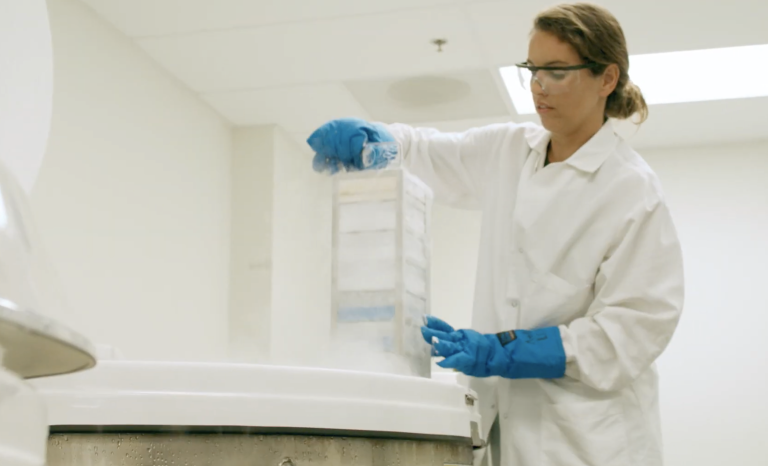
LJI researchers receive WHAM Edge Awards to study how sex-based differences in the immune system affect patients
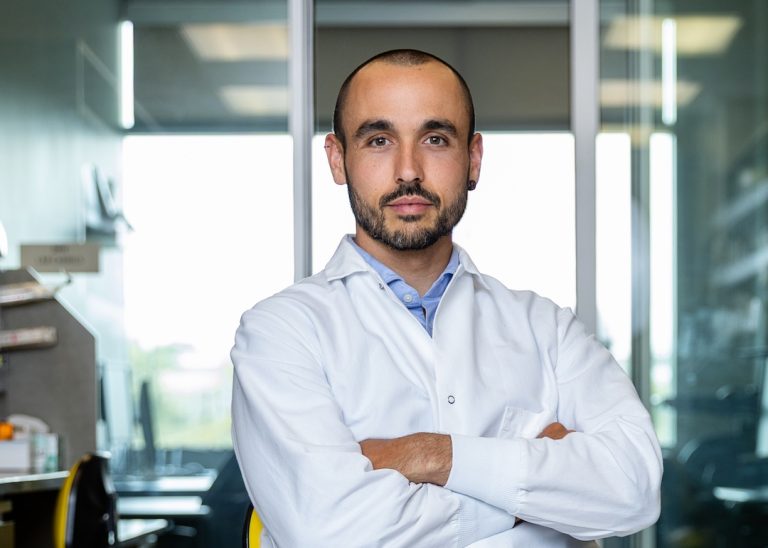
LJI scientists team up with Colorectal Cancer Alliance's Project Cure CRC to end this devastating cancer
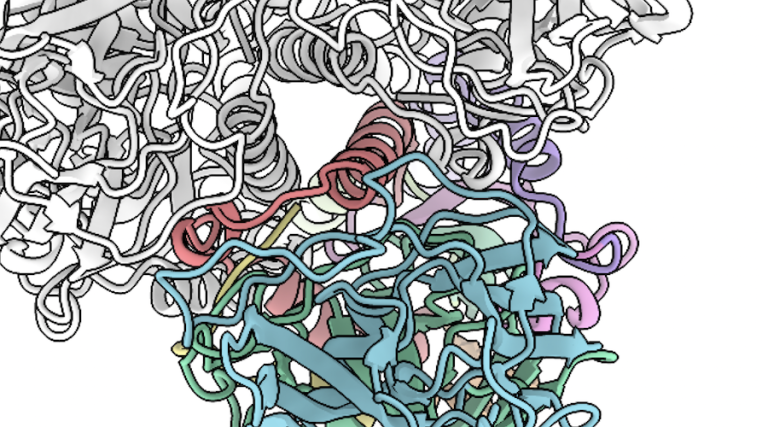
LJI scientists uncover a new avenue for stopping cancers, autoimmune diseases, and more.

Sex chromosomes make a big difference for disease risk—but hormonal and environmental cues play their parts
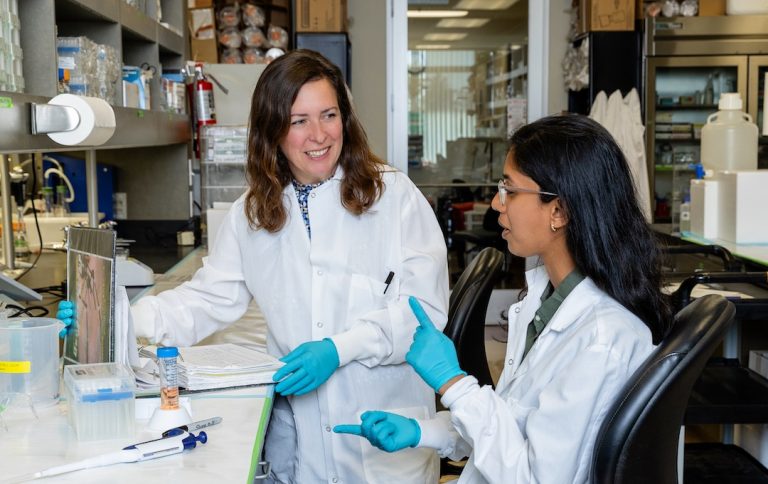
How sex-based differences shape the immune system—and what these discoveries mean for the future of medicine
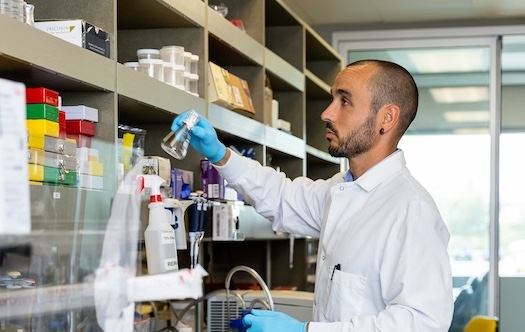
LJI Assistant Professor Miguel Reina-Campos, Ph.D., uses new tools to capture immune cells, hormones, and prostate cancer cells in action.
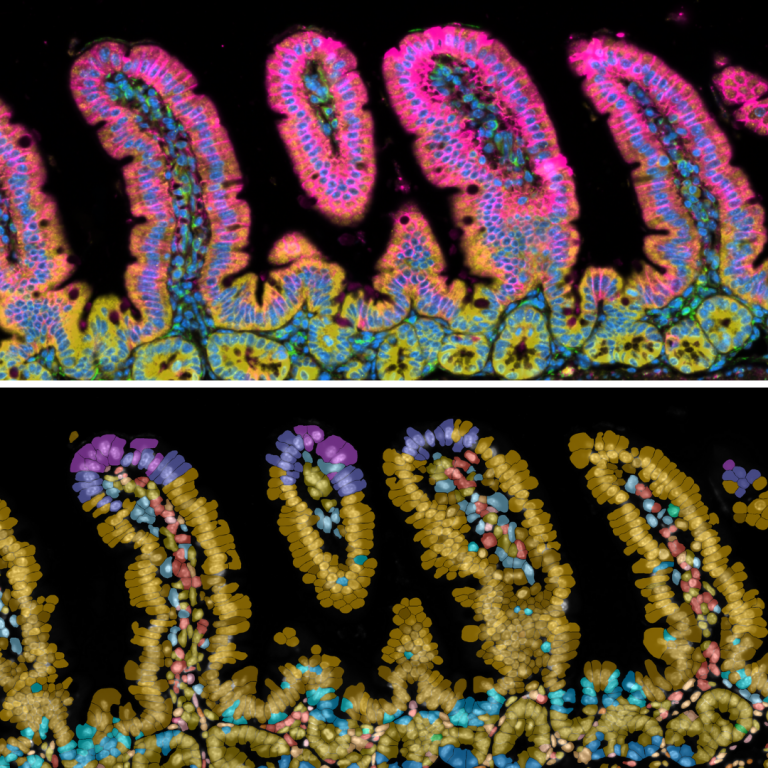
LJI scientists partner with international consortium to develop new "spatial transcriptomics" resource

Meet OGT, your guardian enzyme on the dark side of the genome
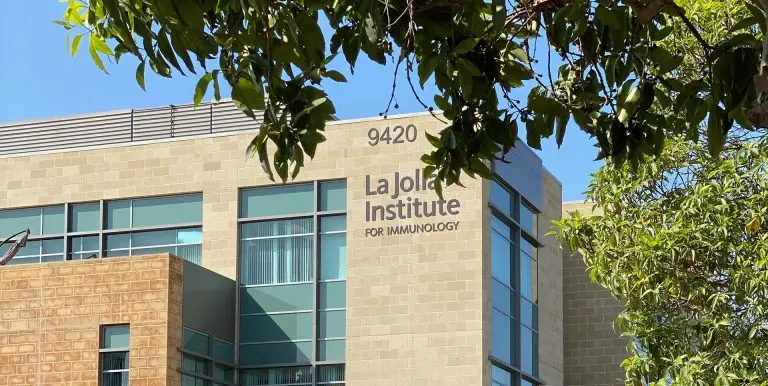
Curebound grants may lead to new approaches to fight breast cancer, lung tumors and more
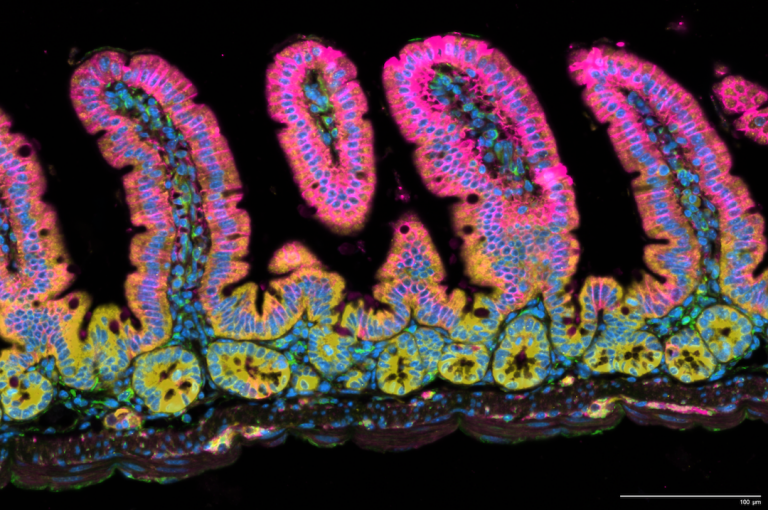
Scientists show how a special group of T cells travels through the small intestine to combat pathogens
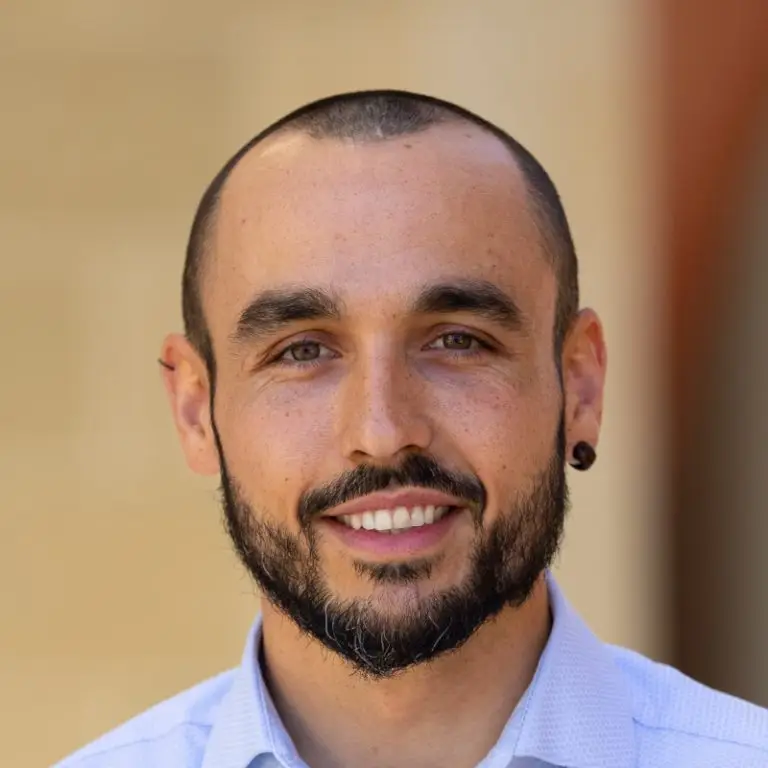
LJI lab looks to "boost" cancer-fighting T cells

Scientists show how a mutated gene harms red and white blood cells

With this new $300,000 grant, LJI Assistant Professor Miguel Reina-Campos, Ph.D., sets out to make scientific training more accessible
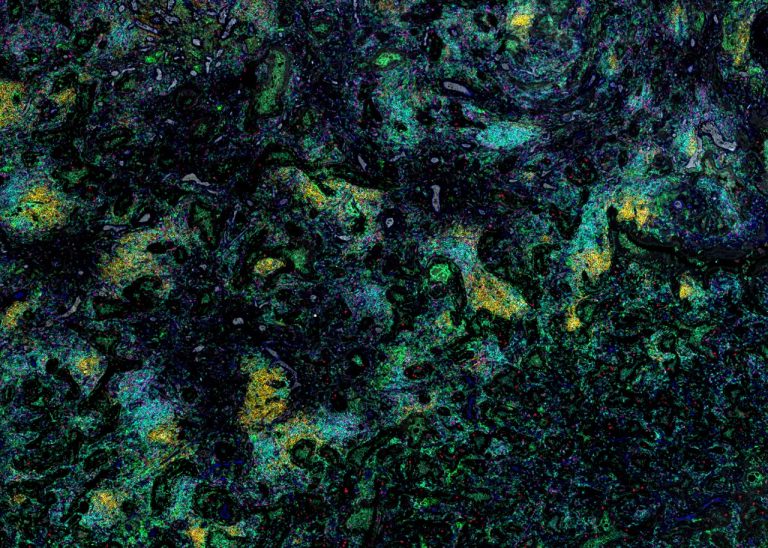
Pandurangan Vijayanand, M.D., Ph.D., and his lab members employ genomics tools to understand, diagnose and treat pulmonary disease such as asthma, lung cancer and infectious diseases, including the novel coronavirus.

Sonia Sharma, Ph.D., and her lab members lead unbiased, genome-scale approaches to unravel innate immunity, the body’s early immune response to microbial pathogens and neoplastic cells.

Stephen Schoenberger, Ph.D., is focused on achieving a mechanistic understanding of the generation and regulation of T cell responses in the context of in vivo infection and tumor development.

Anjana Rao, Ph.D., focuses on understanding how signaling pathways control gene expression, using T cells and other cells of the immune system as models.

Patrick Hogan, Ph.D., studies cells at the nano level – seeking to understand how protein-protein interactions on the submicroscopic scale can have gargantuan impacts on human health and disease.

Michael Croft, Ph.D., and his team focus on a number of molecules that are members of the tumor necrosis factor (TNF) and tumor necrosis factor receptor (TNFR) family.

Hilde Cheroutre, Ph.D., and her team study the development, function, and regulation of T lymphocytes, a type of white blood cells.

LJI scientist aims to answer fundamental questions about the development and maintenance of immune cells to prevent cancer

Dr. Reina-Campos’ lab seeks to understand the underlying principles governing tissue immune networks that enable robust and long-term protection against infection and tumors.

Ferhat Ay, Ph.D., works to understand gene regulation in complex organisms and diseases.
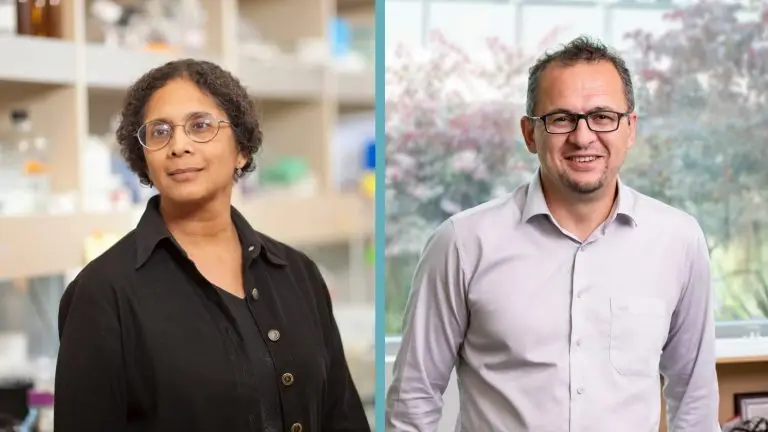
New research may help scientists hunt down solid tumors and better diagnose disease

Leading immunologist honored for research into the roots of autoimmunity, cancer development, and more
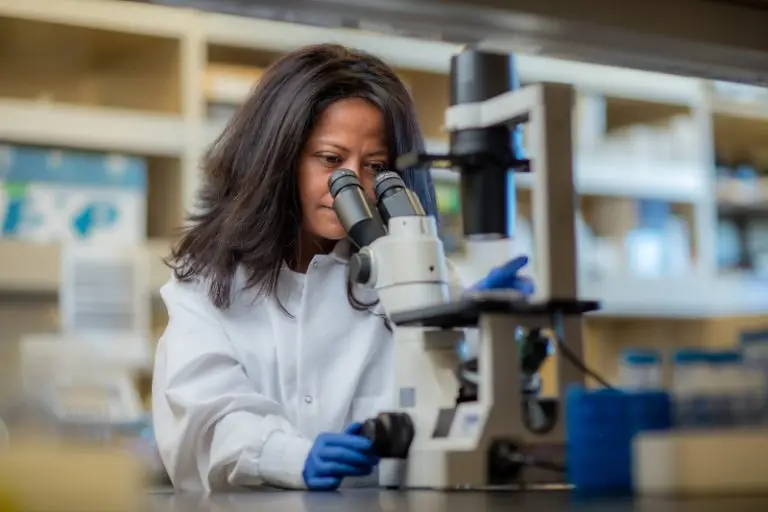
Prebys Foundation celebrates ground-breaking female researchers
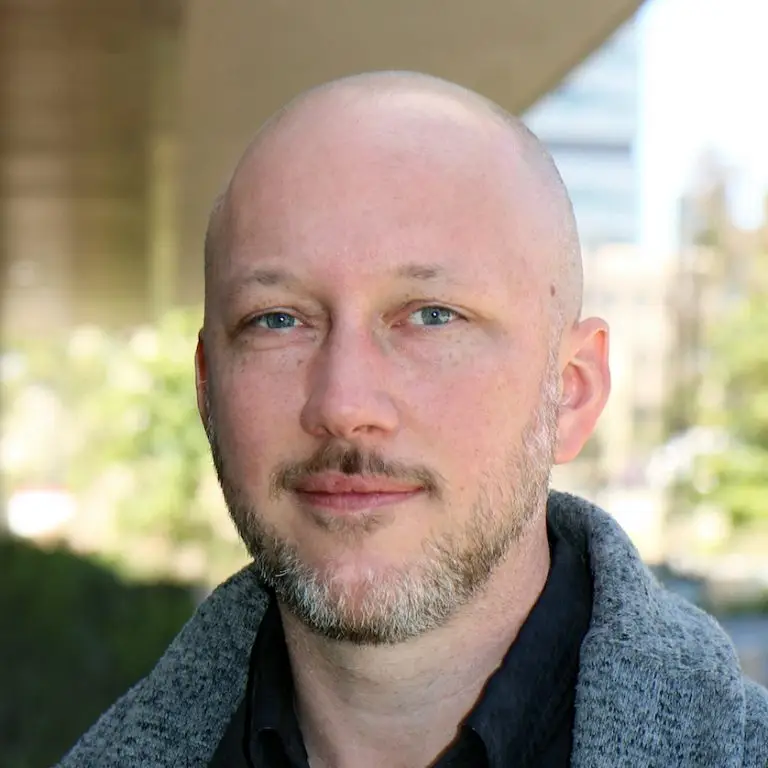
LJI scientists share a new, rapid method for studying phosphorylation and other post-translational modifications

LJI's Flow Cytometry Core brings cutting-edge technology to immune system researchers
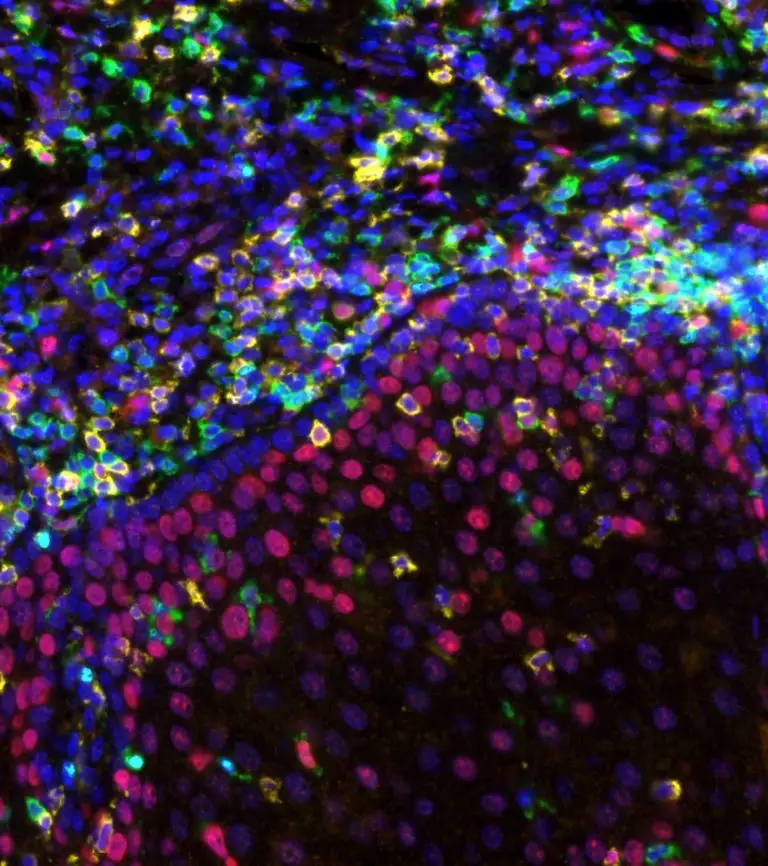
Scientists find evidence that all cancer patients mount an immune response to their tumors, suggesting that many more patients could benefit from personalized immunotherapy

New research suggests a small group of pediatric brain tumor patients may benefit from immunotherapy
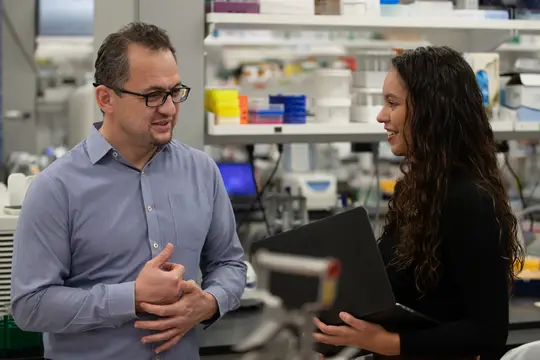
Researchers map the genome to figure out how a protein called IKAROS controls healthy B cell development
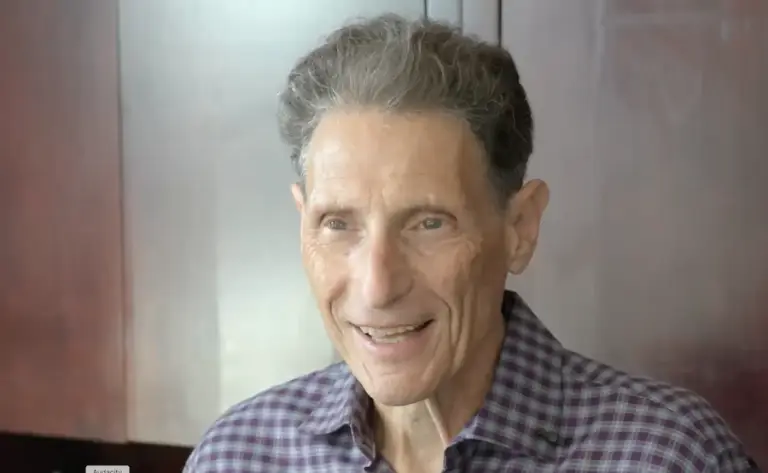
LJI researchers investigate a group of T cells known for their unusual response to pathogens
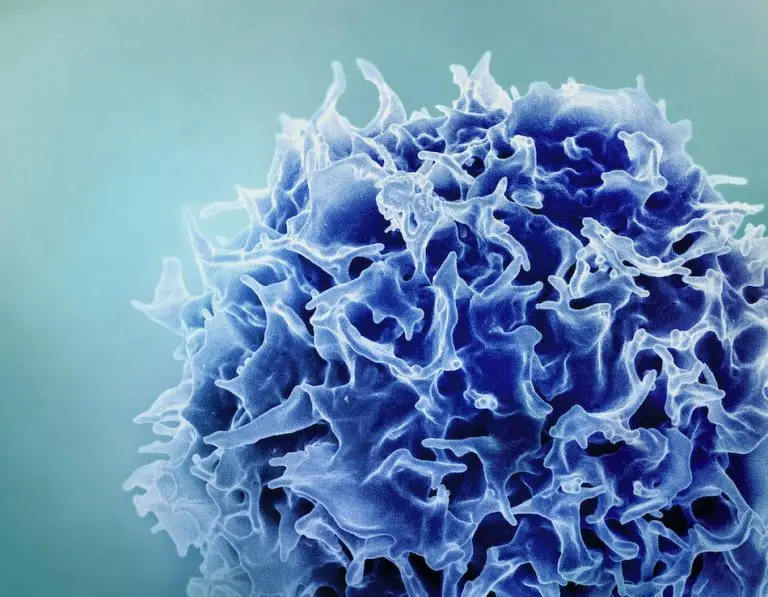
How a supposed "nuclear" receptor makes TCR signaling possible
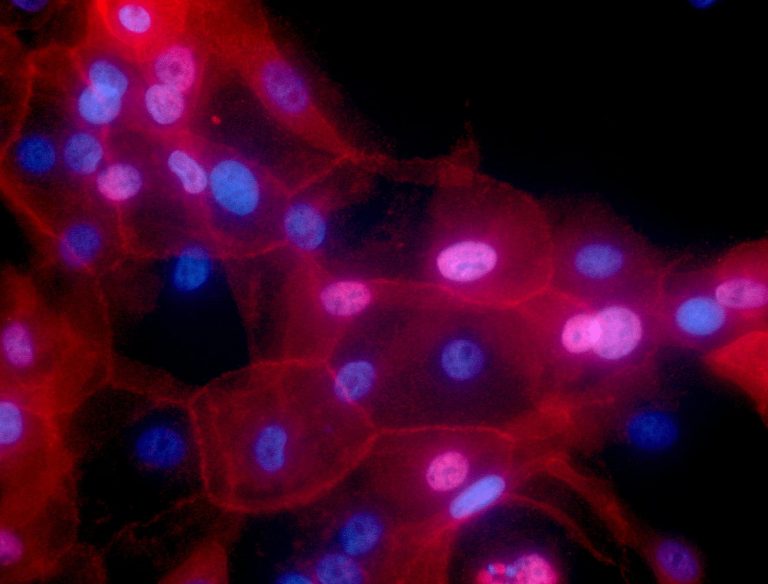
New findings open door to better understanding cancers and many other diseases
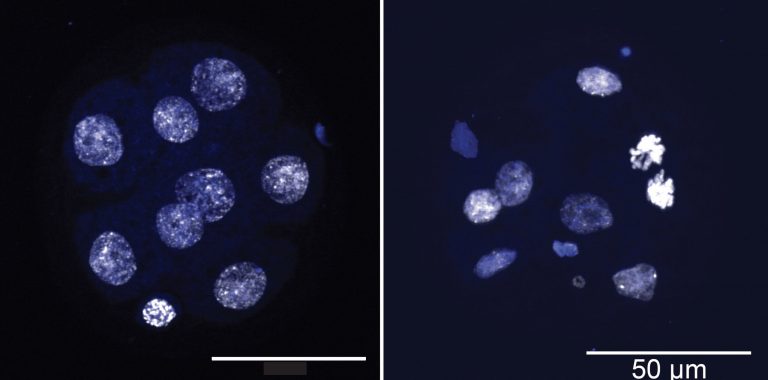
LJI scientists connect TET loss of function to missing genes in embryonic stem cells
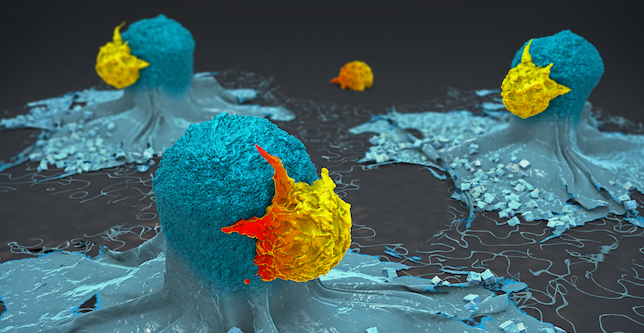
Researchers uncover a new strategy to avoid cancer immunotherapy side effects
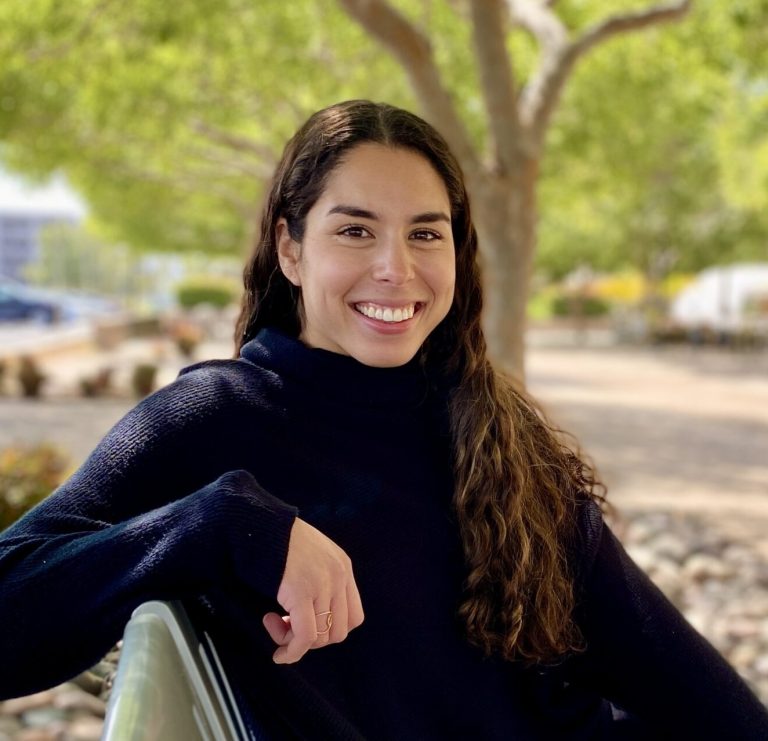
Chihab explores how T cells find and kill tumors
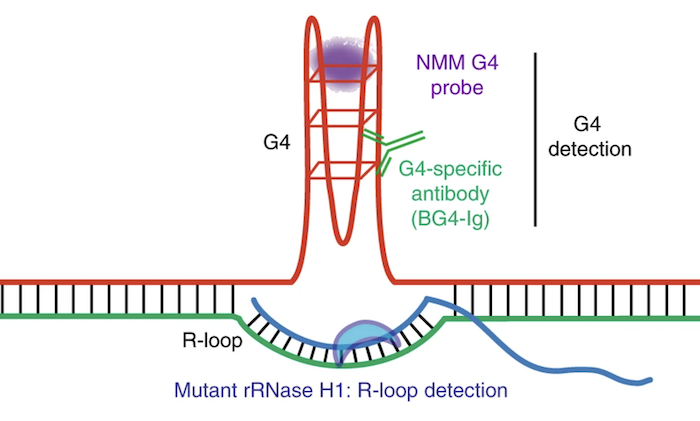
LJI researchers shed light on the role of TET enzymes in genomic stability and cancers

The international recognition reflects how LJI research is valued by scientific peers
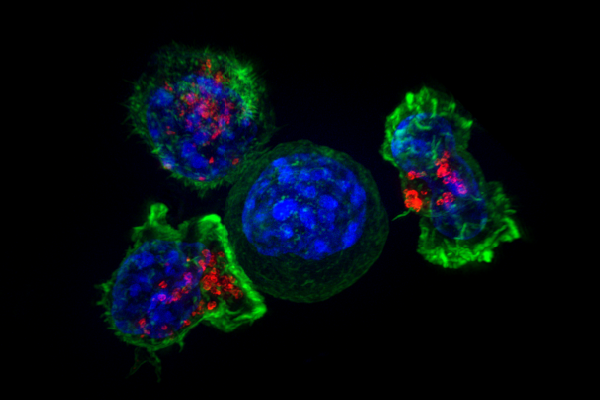
New LJI research could keep cancer-fighting T cells from burning out before the job is done
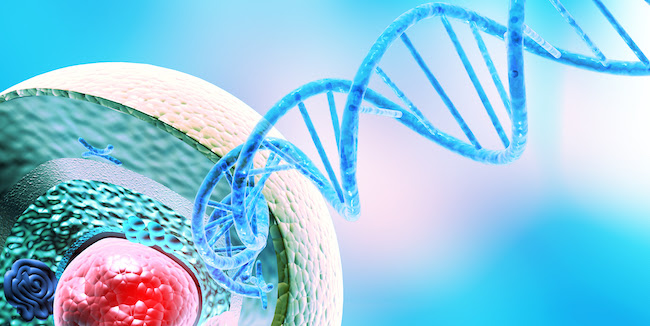
LJI scientists develop new tool for understanding enzymatic activity linked to blood cancers and heart disease
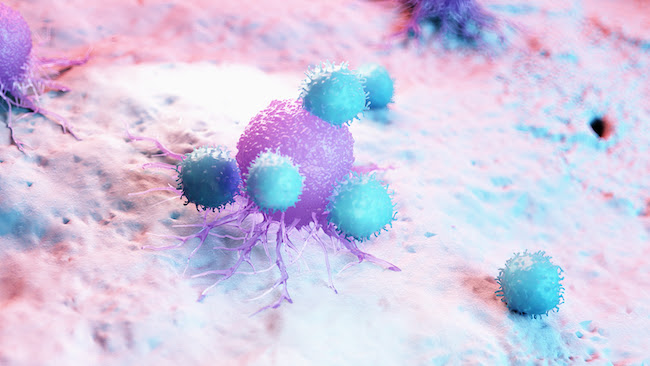
Treating patients with anti-CTLA4 therapies prior to anti-PD1 treatment may be a promising strategy

The mission is simple: Figure out which key molecules go missing in cancer patients.
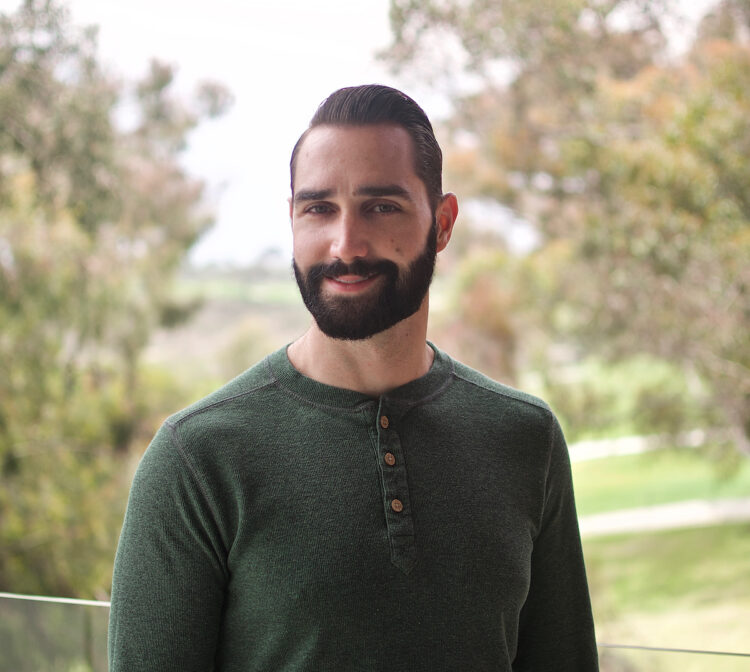
New support from the American Cancer Society fuels research into the primary mutations behind many cancer types

National Cancer Institute support brings cancer researchers together to share key findings
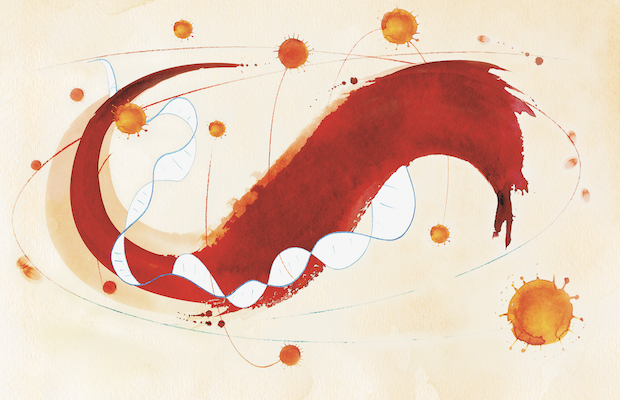
Men and women have different immune systems. With a better understanding of sex-specific immune differences, scientists can more effectively fight infections, cancers, heart disease, and even pregnancy complications.
Dr. Altman’s research into T cell activation opened the door to new therapies for inflammation, autoimmune diseases, cancers, and more.
In 2013, Dr. Vijayanand teamed up with Professor Christian Ottensmeier at the Cancer Center, University of Southampton, UK, to set up a large patient-centered cancer immunology program. Our work utilizing genomics tools to study T lymphocytes present in cancer…
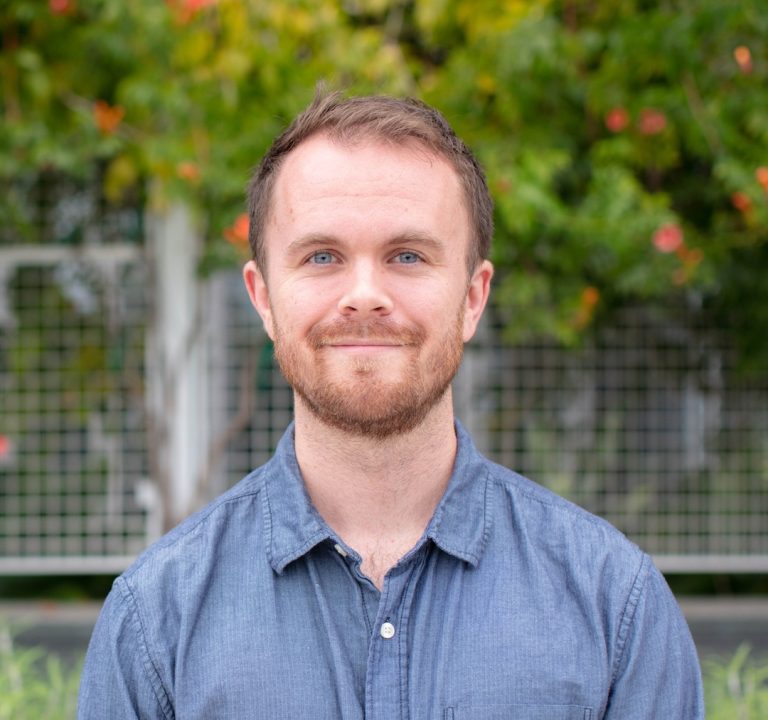
How Ian Mathews used Tullie and Rickey Families SPARK Awards funding to make cancer therapy advances and launch a career in medicine
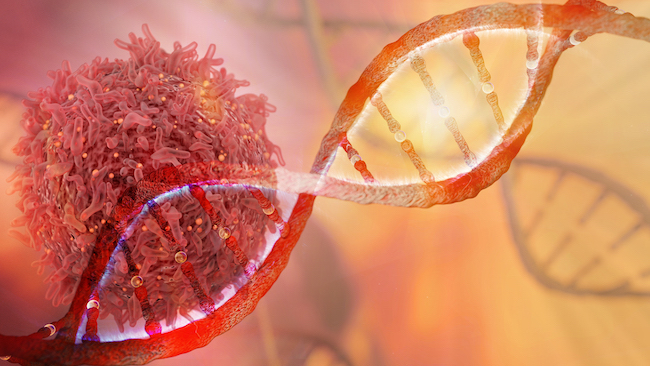
New LJI research could guide the development of more effective cancer immunotherapies
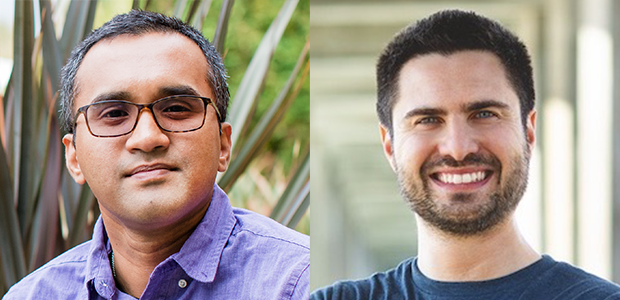
New funding will support high-risk, high-reward projects led by two early-career scientists
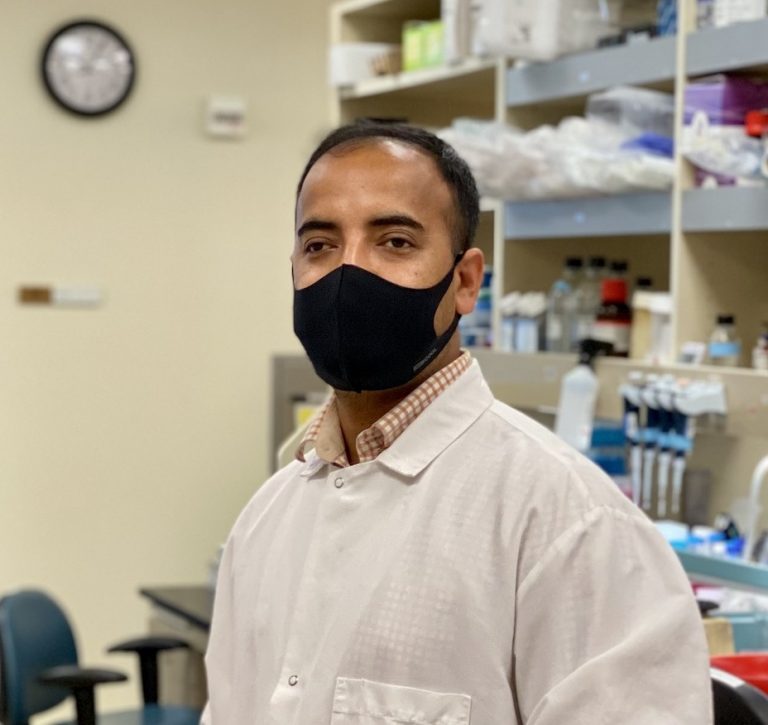
Testing for breast and ovarian cancers has come a long way—but at-risk patients still fall through the cracks. LJI scientist Anup Kumar Singh has won funding to learn more about cancer-causing mutations.
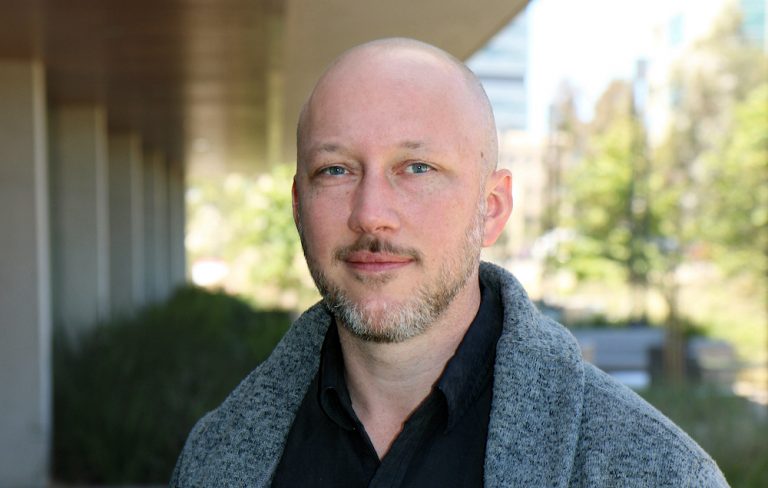
Myers Lab to expand autoimmune disease research, cancer and more
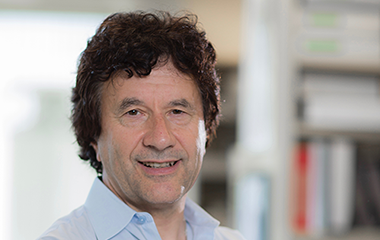
New research could shed light on how immune cells can better fight cancers or step back in autoimmune disease
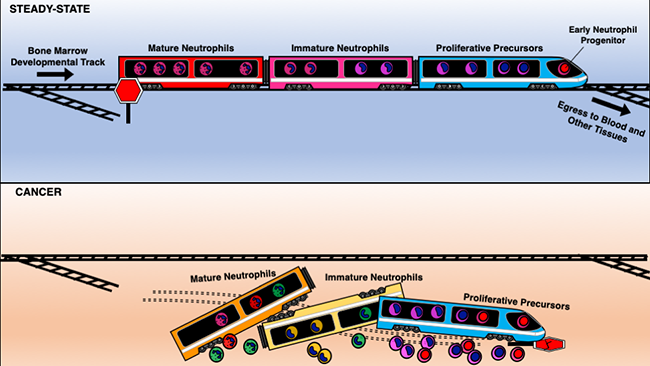
New understanding of immune cell origins may offer cancer and COVID-19 drug targets
Immunotherapies for head and neck cancer: To develop new cancer therapies by studying how the immune system, by way of neo-antigens, can recognize and eliminate tumor cells by targeting molecules only found on the surface of the tumor cells. The…
Cell-free, immuno-stimulatory DNA is recognized in the cytoplasm of cells as a universal danger signal by the innate immune system. We are using genome-scale RNAi and CRISPR/Cas9 approaches in primary human cells to identify important new players in the cGAS-STING…
Preliminary data from our lab shows that vascular endothelial cells (vECs) mount remarkably potent innate responses to cell-free DNA, which is well in accordance with their role as sentinels of the blood. However, little is known about how the contribution…
In 2013, Dr. Vijayanand teamed up with Professor Christian Ottensmeier at the Cancer Center, University of Southampton, UK, to set up a large patient-centered cancer immunology program utilizing genomics tools to study T lymphocytes present in cancer tissue which…
Recent work by others has provided evidence that, in contrast to conventional T cells, PKCq negatively regulates the suppressive activity of Treg cells. Therefore, we initiated efforts to identify other member(s) of the PKC enzyme family, which might positively regulate…
MHC class-II restricted CD4+ T cytotoxic cells (CD4 CTL) are among the best examples of extreme measures the immune system can take to prepare the host to deal with challenges including infections, cancers and autoimmunity. CD4+ T cells that initially…
Sometimes it takes a personal health crisis to galvanize people to pursue a life-changing path they could have never envisioned.
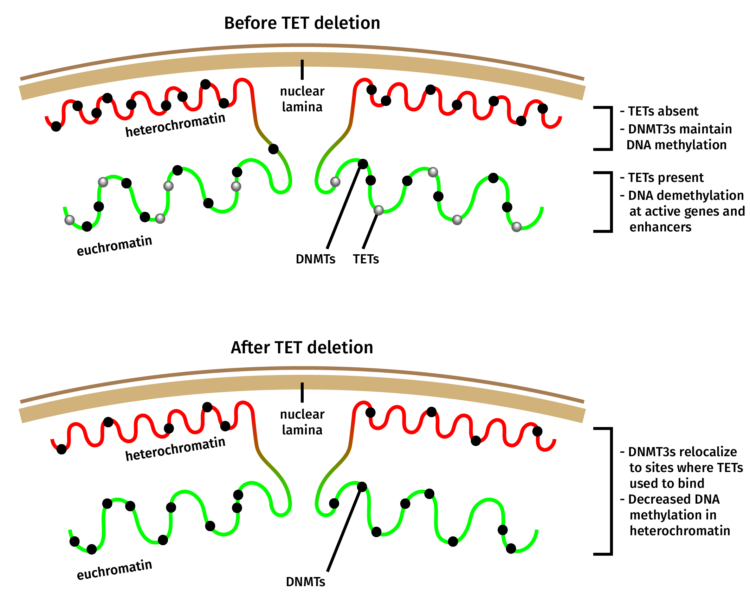
LJI researchers reveal how the finely tuned balance between DNA methylation and demethylation prevents genomic instability and cancer
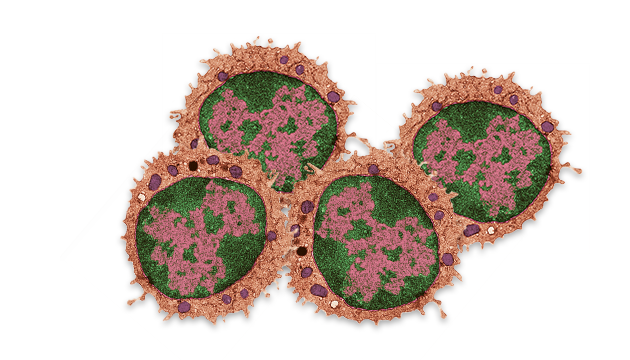
LJI’s new understanding of killer T cells inspires clinical studies of potential immunotherapies
Chemical screen proves feasibility of modulating factor at the hub of immune system's decision to attack or retreat
La Jolla Institute scientists show that deleting troublesome proteins in a mouse model can shrink tumors and prolong survival